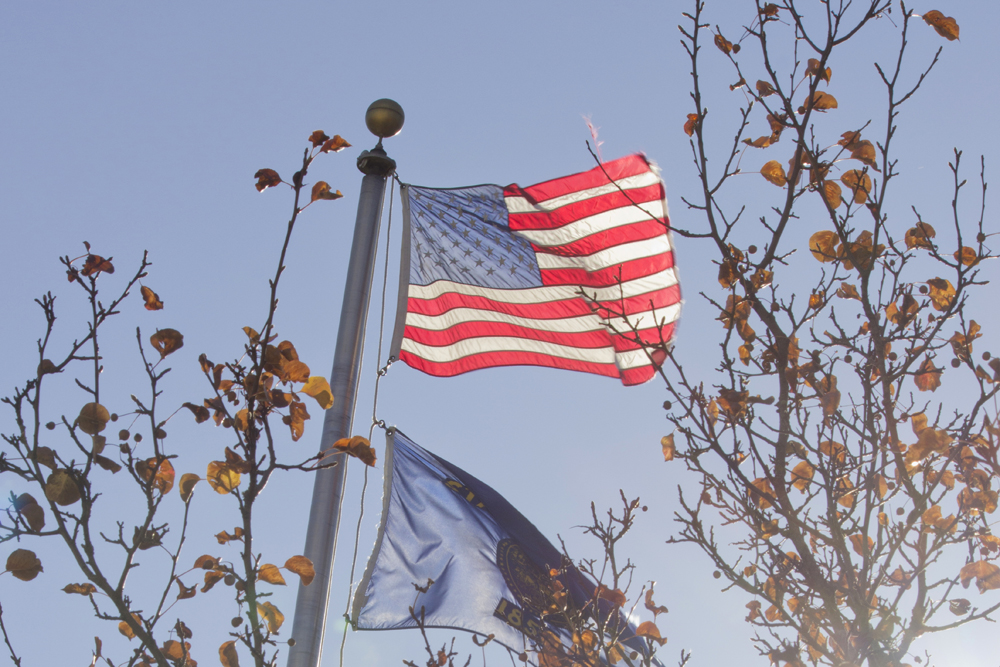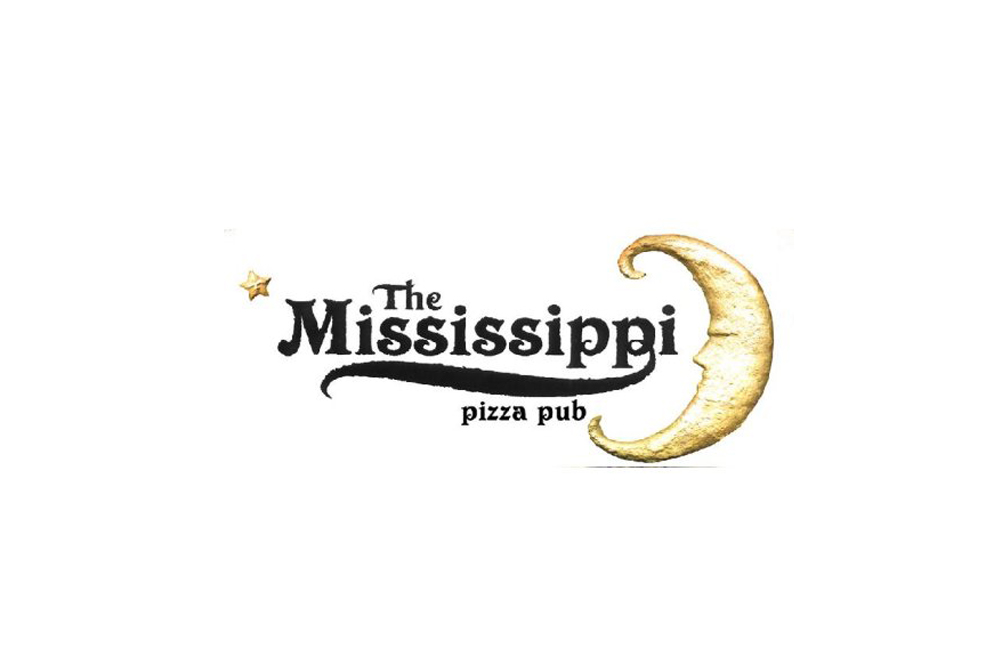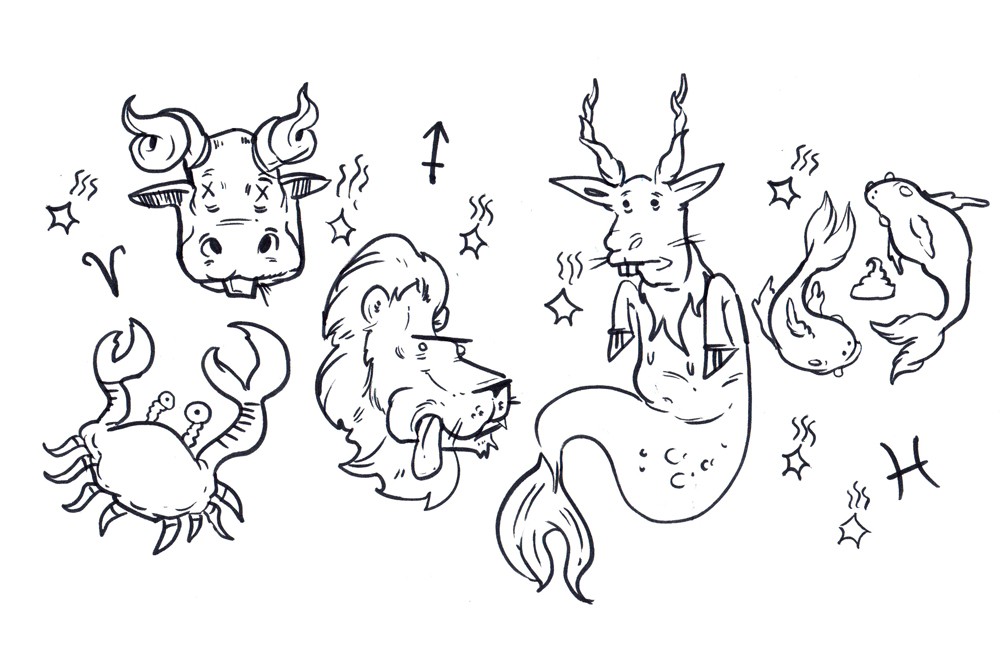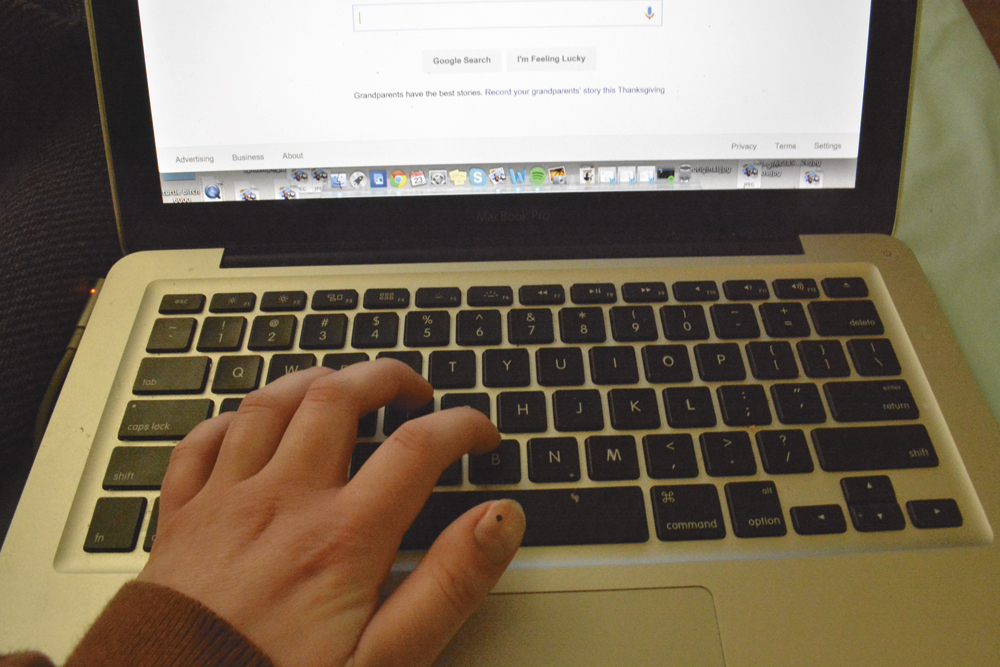My Sundays are pretty routine here as I study abroad in the Basque Country, in northern Spain. I normally start my day with a cup of coffee, head over to the civic center, grind away at the immense load of work I’ve managed to forget, and end my day with a glass of wine or pint of Guinness with my friends as we talk about our weeks. Last Sunday was a bit different. Our smiles and laughter were replaced with distraught, worrisome looks. The discussions weren’t as lively as they always are, because we all had something similar on our minds, something we refrained from mentioning, something that seems to be uncomfortable for everyone to talk about. That “something” was terrorism.
I am not writing today about the multiple tragedies that have recently occurred, but I am writing about something that I believe needs to be brought to the attention to all Americans when these things happen. I am writing about America, and what we as Americans need to continue to stand for amid such events.
I’m sure I have not been the only one to have been asked, “What does it mean to be American?” It’s a topic that many of us do not seem to ponder because our culture is constantly changing. We have a wide range of ethnicities in our country. Our culture varies, as do our values and beliefs that derive from our backgrounds, but we do all share a common set of ideas that make us unique from the rest of the world.
As a country of 300 million people, we strive for life, liberty and the pursuit of happiness. This is why people emigrate from their country to ours, why we are sometimes forced to leave families behind and why we all work tirelessly to achieve our dreams. We do this because America provides us the opportunity to do so. One of my favorite quotes comes from Nicholas Kristof’s Half the Sky. He says, “Talent is universal, but opportunity is not.” The process of self-determination does not exist throughout the world, and Americans need to continue to show and prove that we work toward guaranteeing opportunities for every person in this world who aspires to them, no matter their race, ethnicity, religion, culture or any other classification we use. We stand to be the refuge from the harsh world we live in.
Throughout American history, we indeed have struggled to come to a consensus with these principles and values. Being an American with Irish, Spanish, German and Norwegian roots (I’m the epitome of the melting pot), I have been told throughout my childhood of times when there’s been animosity toward immigrants around the world. My Irish family told me of the struggles they encountered when first immigrating to the Northeast due to harsh retaliation from the Know-Nothing Party in the 1800s. My German family described the conditions of living near the Volga River during the Soviet era, considered to be one of Russia’s main waterways. Many times throughout history have we struggled with this concept of equal opportunity and impartiality, but America today is different. We are as complex and diverse as ever before, and it’s better this way.
An article from Scientific American states, “The key to understanding the positive influence of diversity is the concept of informational diversity.” The same article talks about a study from 2004 by a professor at the Stanford Graduate School of Education, where they examined the influence of racial and opinion composition in small group discussions. From three universities, 350 students participated and were asked to discuss a current social issue for 15 minutes. The study concluded that “when we hear dissent from someone who is different from us, it provokes more thought than when it comes from someone who looks like us.”
Being an American has never been so important as it is today. In a world where xenophobia still exists, where discrimination and ignorance run wild, Americans need to stand in solidarity. We need to stand for freedom and self-determination, and continue to demonstrate to the rest of the world why our country is so great. We need to open our arms to those in need, because we have all indeed been in need of refuge as well.






